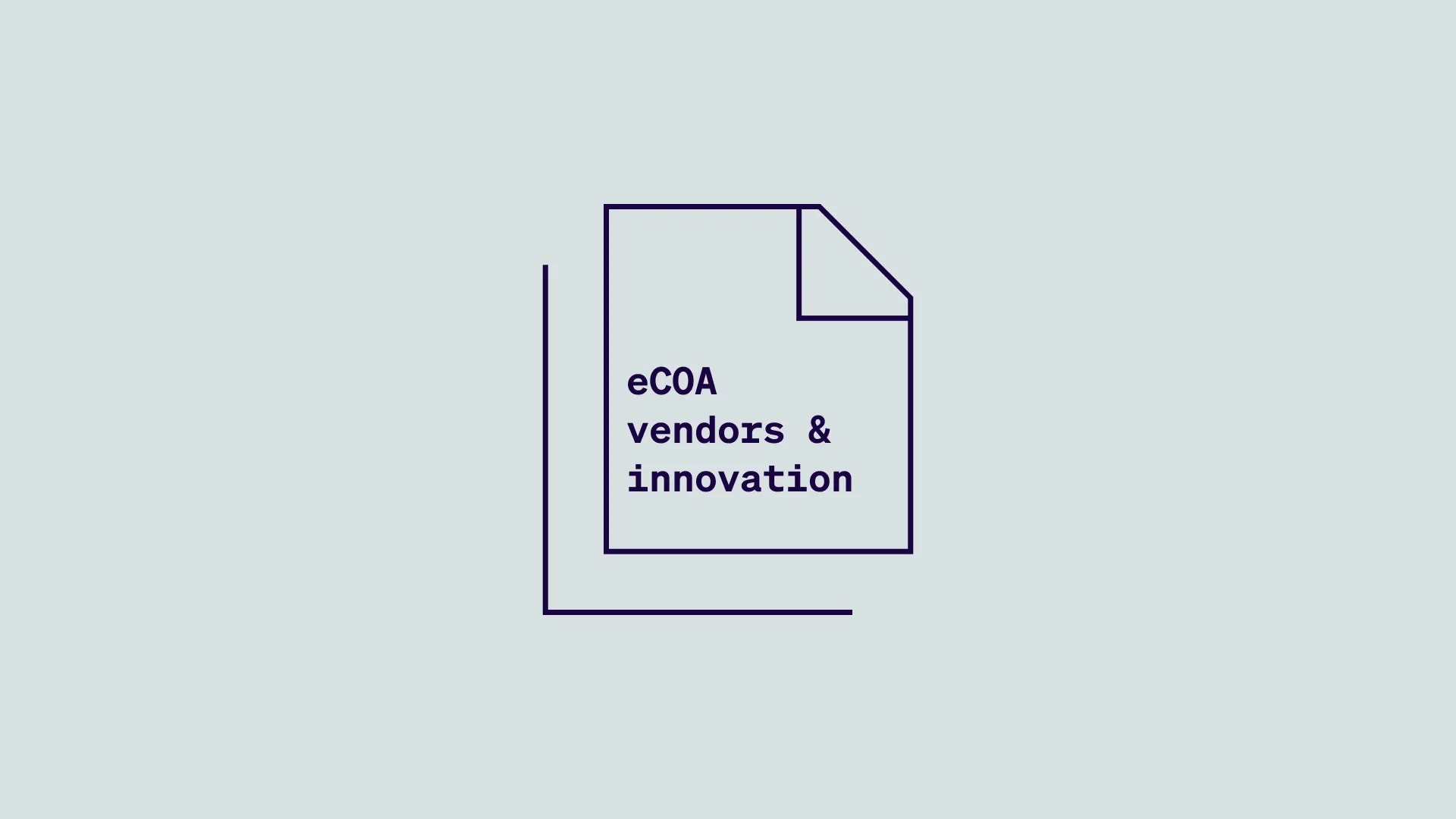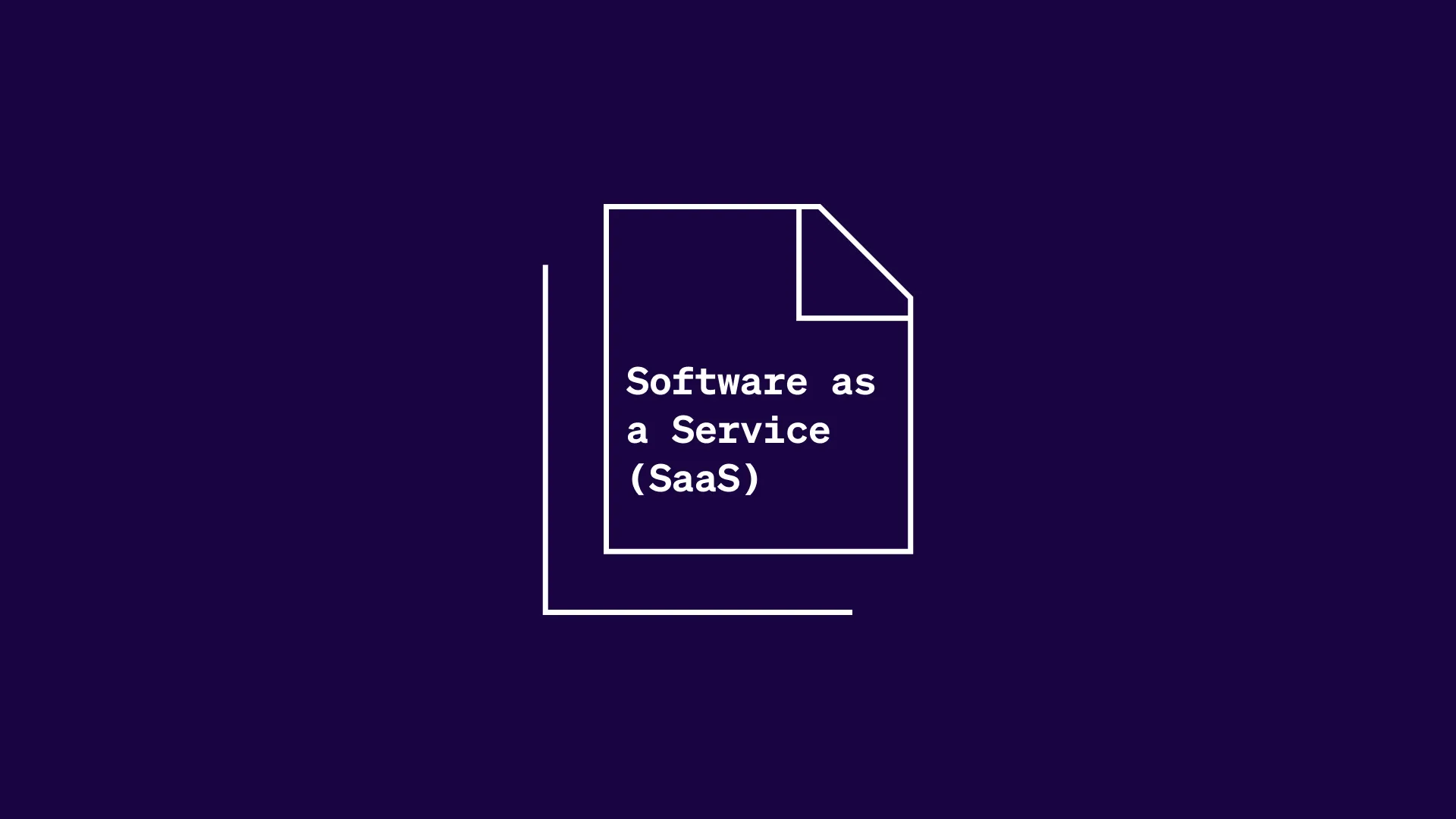Future of Clinical Research


Innovation Evidence : A Tufts CSDD workshop
In the five years since the pandemic, decentralized trial elements have solidified their status in medical product development.
Trials with decentralized elements have moved past the “pilot” phase. The question is no longer whether we can operationalize decentralized trial components, it's whether we’re doing it thoughtfully at the pace patients deserve. Our industry is ready to optimize the elements for the trial based on available evidence.
That’s exactly why Medable, in collaboration with and facilitated by the Tufts Center for the Study of Drug Development (Tufts CSDD), has launched the Innovation Evidence Workshop series.
Last November, the inaugural, invitation-only workshop brought leaders from 20 pharmaceutical, biotech, and CRO organizations together in Boston, with representation from the U.S. Food and Drug Administration, Harvard MRCT Center, Tufts CSDD, and Medable.


Leveraging eCOA to improve patient adherence in clinical trials
Discover how advanced eCOA platforms improve patient adherence, ensuring reliable data and faster trial completion. Explore real-world successes, including adherence rates exceeding 90% in diabetes and oncology studies, powered by Medable’s eCOA (electronic clinical outcomes assessment) solutions.


How eCOA vendors drive innovation in clinical trials
Discover the transformative role of eCOA (electronic clinical outcomes assessment) vendors in modern clinical trials. From seamless integration and AI-driven analytics to patient-centric design, learn how leading platforms like Medable’s eCOA+ enhance efficiency, compliance, and data quality.


The Future of decentralized clinical trials: Opportunities and adaptations for Medable
Traditionally, clinical trials have relied heavily on centralized sites and face-to-face interactions between researchers and participants. However, the limitations of this model have become increasingly apparent, especially during the COVID-19 pandemic, which prompted an unprecedented emergence of decentralized clinical trials (DCTs), whose characteristics of remote patient engagement, virtual assessments, and mobile health technologies allowed the healthcare industry to continue drug development (albeit at a slower pace). As the healthcare landscape continues to evolve, DCTs are emerging as a vital component of the clinical research ecosystem. By leveraging technology and data to streamline processes and the need to enroll a greater diverse patient population, DCTs promise enhanced patient engagement, improved data quality, and accelerated study timelines. As with everything in life, nothing is always that simple. In this blog, we will explore the future of decentralized clinical trials and look at the challenges faced by sponsors, sites, and patients when planning, implementing, and running a DCT. We will also discuss how Medable is continuously adapting its platform and software capabilities to reduce risks and provide solutions that allow the benefits of DCTs listed above to be fully realized.


SaaS’ advancements unlock new possibilities in clinical research
The rise of SaaS has transformed industries, including life sciences, by enabling new possibilities. For instance, Salesforce revolutionized how organizations managed their customers and future clients with its cloud-based software, enhancing accessibility and collaboration. Similarly, Canva made graphic design tools accessible to all, empowering professionals and casual users alike.


How platforms solved clinical trials’ disparate data problem across eCOA, eConsent, and more
Our world is drowning in data.
Humanity generates a staggering 402.74 million terabytes of information every day. From the countless videos we stream to the endless social media scrolling, our global digital footprint is growing exponentially. This data deluge is reshaping industries, influencing our lives, and posing unprecedented challenges.
Within clinical trials, rapidly evolving technologies are enabling researchers to capture new data points as trials grow more complex. However, this poses new challenges in managing clinical trial data.
.webp)

Rapid evolution: Clinical trials have gone digital
DCT and digital elementsare now the new normal. But what exactly does "digital" or "decentralized" mean in the context of clinical trials?
A panel of industry experts from Sanofi, Bayer, and the Clinical Trials Transformation Initiative (CTTI) recently came together to discuss the evolution of DCTs and share their experiences.


Control and transparency: Solving sponsors’ key challenges in eCOA development and study launch with Studio
There’s no doubt that study launches come with extremely high stakes for sponsors requiring precise coordination over numerous critical activities across multiple stakeholders, including regulatory bodies, ethics committees, investigator sites, and internal teams. Now, sponsors can see exactly what’s happening live across assessments, instruments, translations, and more. This is true whether their internal teams handle launch activities or whether vendors handle them, a stark contrast to the traditional technology development process.


What is SaaS, and how are life science companies using it today?
In today's digital age, Software as a Service (SaaS) has emerged as a cornerstone of cloud computing, transforming how businesses and individuals access and utilize software applications.
This cloud-based software deployment model has become increasingly popular due to its accessibility, cost-effectiveness, and scalability. Now, SaaS is making significant inroads in the pharmaceutical and life sciences industries, offering solutions to longstanding challenges and driving innovation.


Evidence & Insights: A Data-Driven Exploration of Decentralized Elements and Digital Trial Technologies
In Medable’s first edition of Evidence and Insights, you’ll get an in-depth look at our research investments and collaborations exploring the effects of DCTs and clinical research technology. Through strategic partnerships and continued investment, we’ve spearheaded efforts that redefine industry standards and set a new precedent for the evidentiary basis of technology’s impact on drug development.


Experts discuss AI’s future in pharma
In June of 2022, Open AI forever changed the world’s technological landscape with the release of ChatGPT 3.5. The explosion and proliferation of AI tools have become a focal point of interest and curiosity in almost every industry, with commentators in pharma wondering how AI can improve clinical research.
In January 2024, panelists from Syneos, Obvious Ventures, Sapphire Ventures, IDEA Pharma, and GSR Ventures joined Medable’s CEO, Dr. Michelle Longmire, to discuss the purpose, potential, and power this transformative technology offers.
Here’s what they had to say.


2024 Predictions: Digital Advancements in eCOA and Clinical Trials
As we look ahead to 2024, the landscape of clinical development is poised for significant advancements in digital and artificial intelligence. As leaders in clinical outcome measurement and innovation, our team at Medable is mission driven to continue to accelerate clinical development timelines with transformation technology.


Rapid evolution: How DCT’s DNA became standard in modern clinical trials
It’s impossible to deny how different clinical trials look almost four years after the pandemic revolutionized clinical research. Today, the digital and decentralized tools and technologies that enabled clinical trials to carry on through the COVID-19 pandemic are present (in some form) in nearly all clinical trials, a far cry from the dynamics of 2019.




